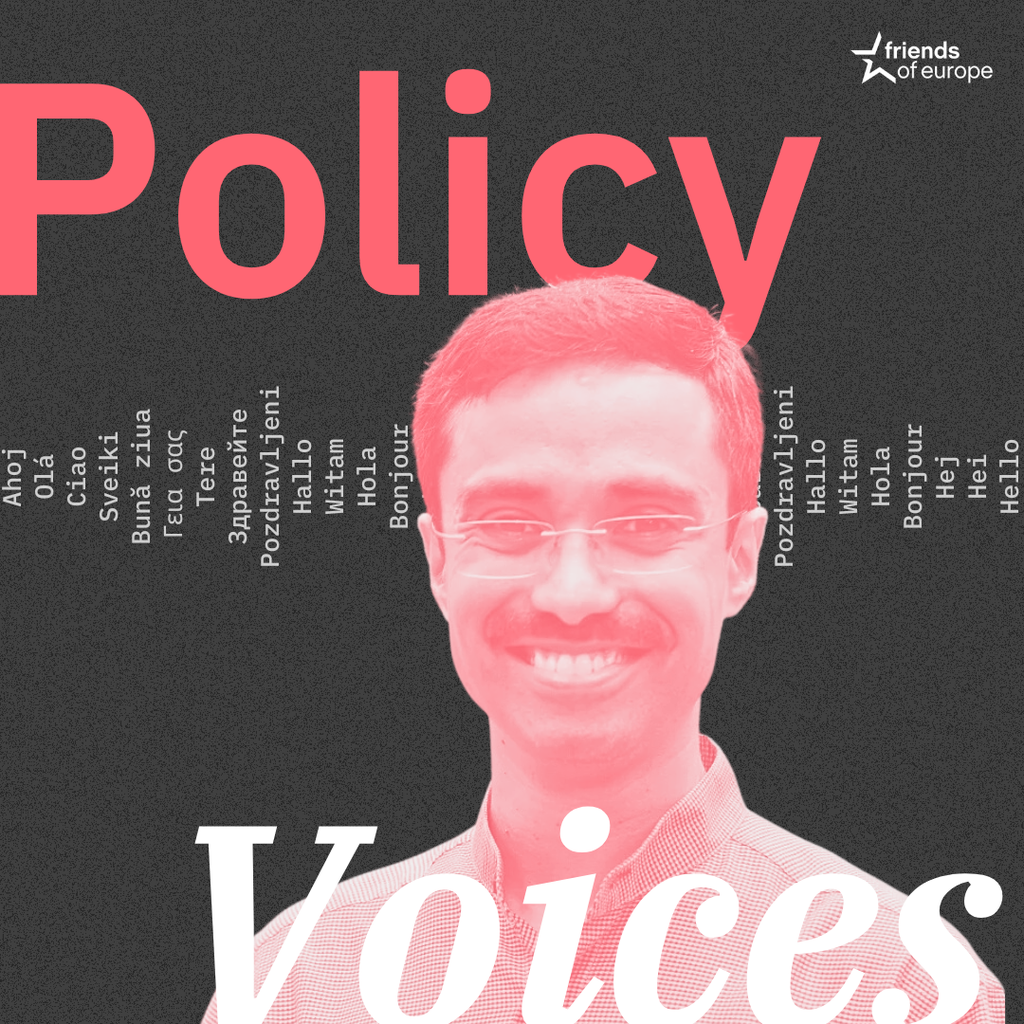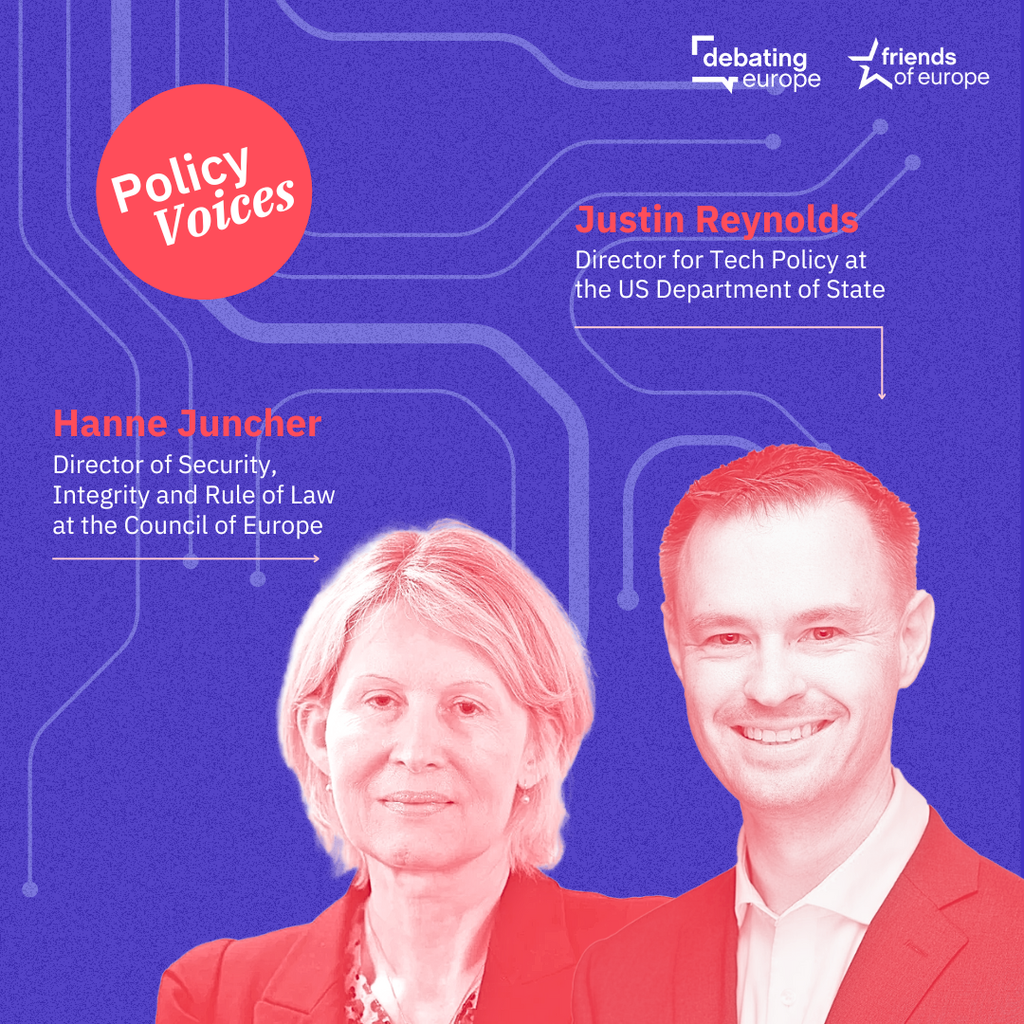Europe-China Forum
Next event In person & livestreamed

- Area of Expertise
- Global Europe
The digital revolution is transforming the traditional growth and development trajectory across the world. Access to new technologies and the Internet is empowering the world’s poor and disadvantaged people, creating jobs, allowing more women to participate in the labour market, allowing the quick and efficient transfer of money, and providing millions of people with access to health and educational facilities.
However, challenges remain. We have to make sure that no one is left behind. While some in the world are reaping the benefits of an interconnected world, many are lagging behind.
As the EU moves to mainstream digital solutions and technologies in all its development policies and programmes, the need to understand the opportunities and challenges that new technologies provide for inclusive growth and sustainable development has never been more vital.
So how can the digital revolution be made to work better and faster for development?
This discussion paper brings together contributions from an array of experts who look at the many ways in which digital technologies are helping to speed up development across the world. Their views and recommendations on harnessing the digital revolution, building innovative tools for development and making sure that no one is left behind in this digital revolution provide valuable information on just how new technologies can be used to build a better world.
The discussion paper also builds on the Friends of Europe Policy Insight debate ‘Making the digital revolution work better, faster for development’, held during the Estonian Presidency that pushed digitisation up on the EU’s agenda.
The report sets out five key recommendations:
1. Step up international cooperation and multi-stakeholder dialogue
2. Improve and build new tools and regulations to harness the potential of the digital revolution
3. Focus on solving practical problems that make an immediate difference to people’s lives
4. Bridge the digital infrastructure gap
5. Create more inclusive societies to ensure all members of society can engage with and shape technology and innovation
*A limited number of publications are also available in hard copy. To find out more, please contact us.
Next event In person & livestreamed

Past event In person

Next event In person & livestreamed

Past event Online





Stay informed
We use cookies and similar technologies to adjust your preferences, analyze traffic and measure the effectiveness of our campaigns. Learn more about our privacy policy.